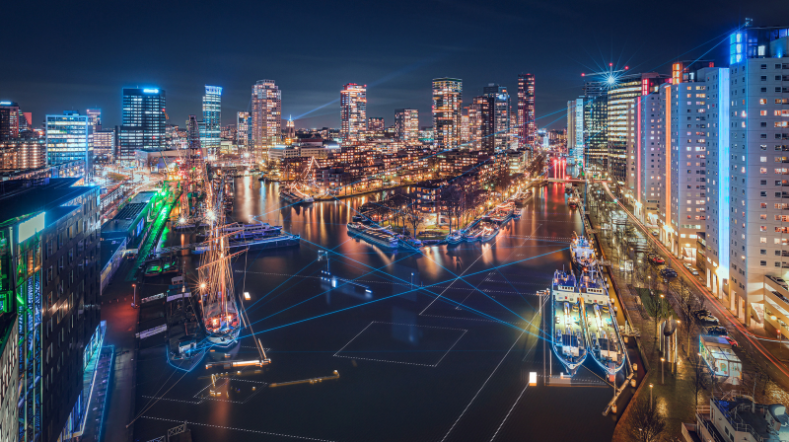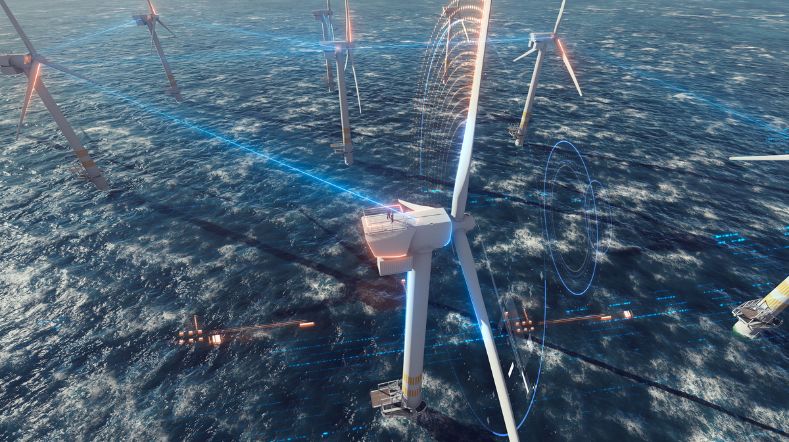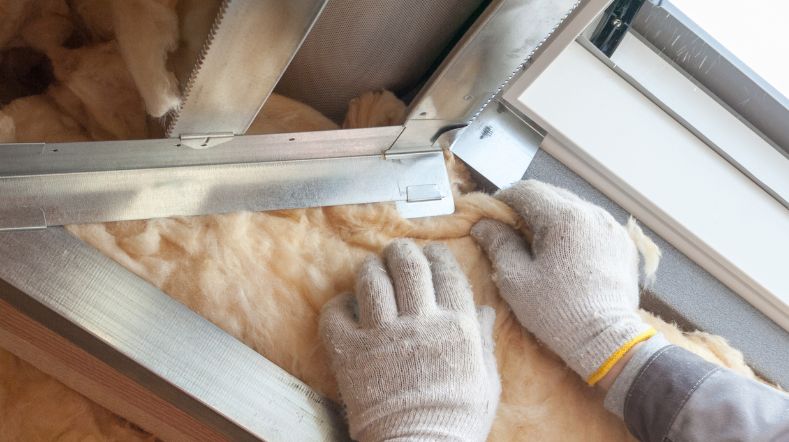Circular economy
As TNO we contribute to a more circular economy in low- and middle-income countries. In most countries circular principles are in place, but overall present economic activities are still linear and recycling rates are low. Waste streams in a specially middle-income countries are already significant and growing rapidly. Waste is considered a serious threat for both the health of people and the environment. Towards the future rapid urbanization and growing welfare may lead to changes in behavior and even larger waste streams.
The opportunities and challenges for a circular economy
The transition to a more circular economy not only alleviates the impact of growing waste streams but also creates opportunities for development. Circular principles can promote local industries, create jobs and reduce import dependency.
There is still a chance for low income countries to leap frog the scenario of ever larger waste stream and massive landfills and transform directly into a circular economy. This is a major challenge and will need a comprehensive plan and diligent execution as well as close cooperation between government and private sector.
Goals and means
As TNO we support the transition towards a circular economy in low- and middle-income countries through the development of:
- policies, standards and measures;
- circular economy roadmaps;
- modelling and monitoring tools and programs for material flows and circular impact;
- circular business models;
- innovation ecosystems and circular hubs;
- circular solutions and pilot projects.
Projects for a circular economy
In the execution of our projects we collaborate closely with local partners. We do invest in the development of strong consortia and innovation ecosystems. Only in close cooperation we can drive change in the right direction.
Low cost, full biodegradable sanitary pads for Bangladesh
In Bangladesh 95% of the women don’t use sanitary napkins, because they can’t afford it. They use old rags which are not comfortable and hygienic, leading to illnesses and absence from work. Since 2016 TNO and partners are working on creating access to toilets, women empowerment and the development of a new product – a full biodegradable low cost sanitary pad.
Inclusive circular business models in Malawi, Zambia, and Zimbabwe
Malawi, Zambia and Zimbabwe have expressed the ambition to tackle the waste issues in their countries from the perspective of the circular economy, thus focusing on the 7 R’s of rethink, reduce, re-use, repair, refurbish, recycle and recover.
TNO supports them by first conducting a baseline study on the current waste situation, second determining for which waste stream there is highest potential to move towards circularity and third, define an actionable roadmap and pilot project to transition to a more circular waste system.
From litter to resource: Supporting Southern Africa
Tackle the waste issues from the perspective of the circular economy.
Impact model for circular plastics in Indonesia
Rivers are polluted with plastic waste. The Ocean Cleanup is removing these plastics from rivers with its Interceptor and looking for sustainable routes for further processing of the recovered plastic. TNO has developed the Waste Treatment Tool for The Ocean Cleanup to determine the best treatment options for plastic waste from rivers.
Roadmap for circular household equipment in Kenya
Kenya has seen a significant increase in the consumption of Electrical and Electronic Equipment (EEE). Unfortunately, a lot of this eventually ends up as waste since proper end-of-life processing infrastructure is lacking.
To address this challenge, TNO and Sustainable Inclusive Business Kenya (SIB) are, together with CTCN and Kenyan representatives, developing an action plan for a future-proof e-waste management system, focusing on large household appliances.
Want to be kept informed about our projects?
Subscribe to our Innovation for Development newsletter
Get inspired
The energy system of the future


Grid congestion


1 in 12 children growing up in energy poverty


Smart networks for a future-proof energy system


Home renovations reduce not only energy costs but also healthcare costs and medication use


